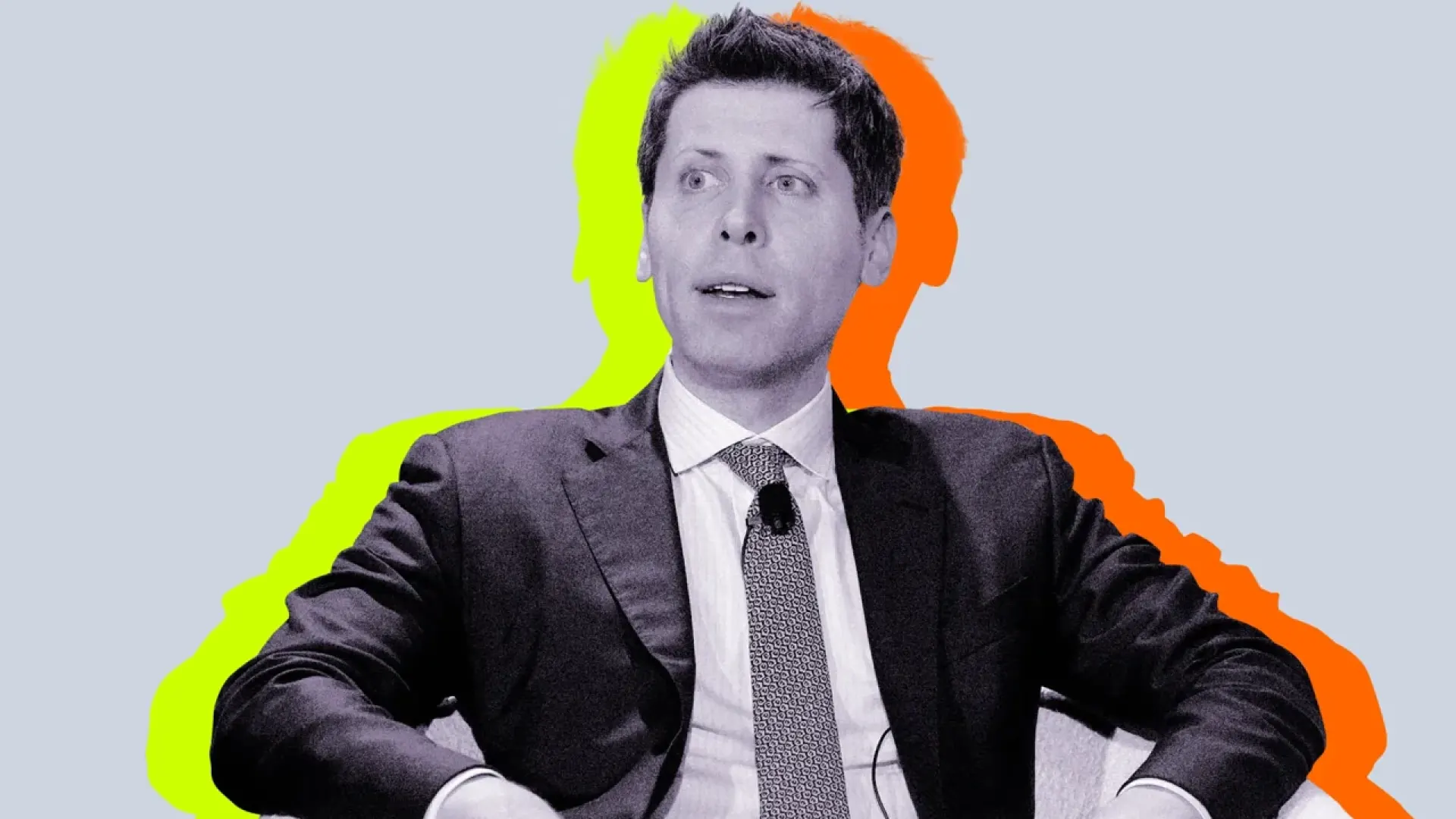OpenAI remains a non-profit organization and creates a "public benefit corporation"
OpenAI has abandoned plans to go fully for-profit and retain the control of its nonprofit parent organization over its operations. Instead, its for-profit subsidiary will be transformed into a "Public Benefit Corporation" (PBC) that will continue to pursue its mission of "benefiting all of humanity.

Prerequisites
- Initial structure (2015-2019):
* OpenAI was founded as a non-profit organization with a focus on the ethical development of artificial intelligence.
* In 2019, OpenAI Global, LLC was created as a limited-profit (capped-profit) subsidiary controlled by a non-profit parent entity.
- Commercialization Plan (end of 2024):
* Intended to separate commercial operations and issue PBC shares to raise up to \$40 billion in investment.
* The goal is to accelerate AGI development while retaining the mission, but without direct non-profit control.
- Public and legal pressure (early 2025):
* Delaware and California prosecutors' offices initiated probes into the legality of reform.
* Community leadership groups and former employees expressed concern about the risk of "mission drift."
The OpenAI decision
"We have decided that the nonprofit organization will retain control of OpenAI....
> We thank the Delaware and California prosecutors' offices for their constructive dialog
and look forward to continued cooperation in the name of AI safety."
- Bret Taylor, OpenAI spokesperson
Key Points of the updated plan:
- Conversion of subsidiary**
A limited profit LLC transforms into a public benefit corporation (PBC) with both investors' interests and the company's long-term mission in mind.
- Ownership and control structure
The nonprofit organization remains the majority shareholder of the PBC and retains the right to appoint a majority of its board of directors.
- Mission unchanged
PBC will continue to operate with the goal of "benefiting all mankind" rather than maximizing profits.
Expert opinion
- Harry Booth (Scientific American):
"The move to PBC opens access to large investments, but without rigorous mechanics to protect the mission, the risk remains that business interests will trump ethical concerns."
- Kelsey Piper (MIT Technology Review):
"Retaining direct control of a nonprofit is a major factor in public trust. It demonstrates that OpenAI is willing to put safety and ethics above commercial gain."
Juridical review from the Not For Private Gain letter:
"Assets intended for charitable purposes cannot be reallocated for commercial purposes without good reason. This provision undermined the legitimacy of the original plan."
Industry significance
- Balance of development and security.
The new model allows for the significant investment required to compete with large technology players while maintaining oversight of key decisions.
- Precedent for other organizations
This hybrid approach can serve as a model for startups and NPOs working in the high-tech field, where it is important to combine mission and funding.
- Long-term control of AGI
OpenAI's decision emphasizes that AI safety and ethical issues come to the forefront, even when it comes to multi-billion dollar investments.
Conclusion
Relinquishing full commercial status and moving to a Public Benefit Corporation model under the control of a non-profit parent entity demonstrates the seriousness of OpenAI's intentions. The company retains the flexibility to scale and invest in the development of cutting-edge technologies, and ensures that its core mission of benefiting all of humanity is not jeopardized.